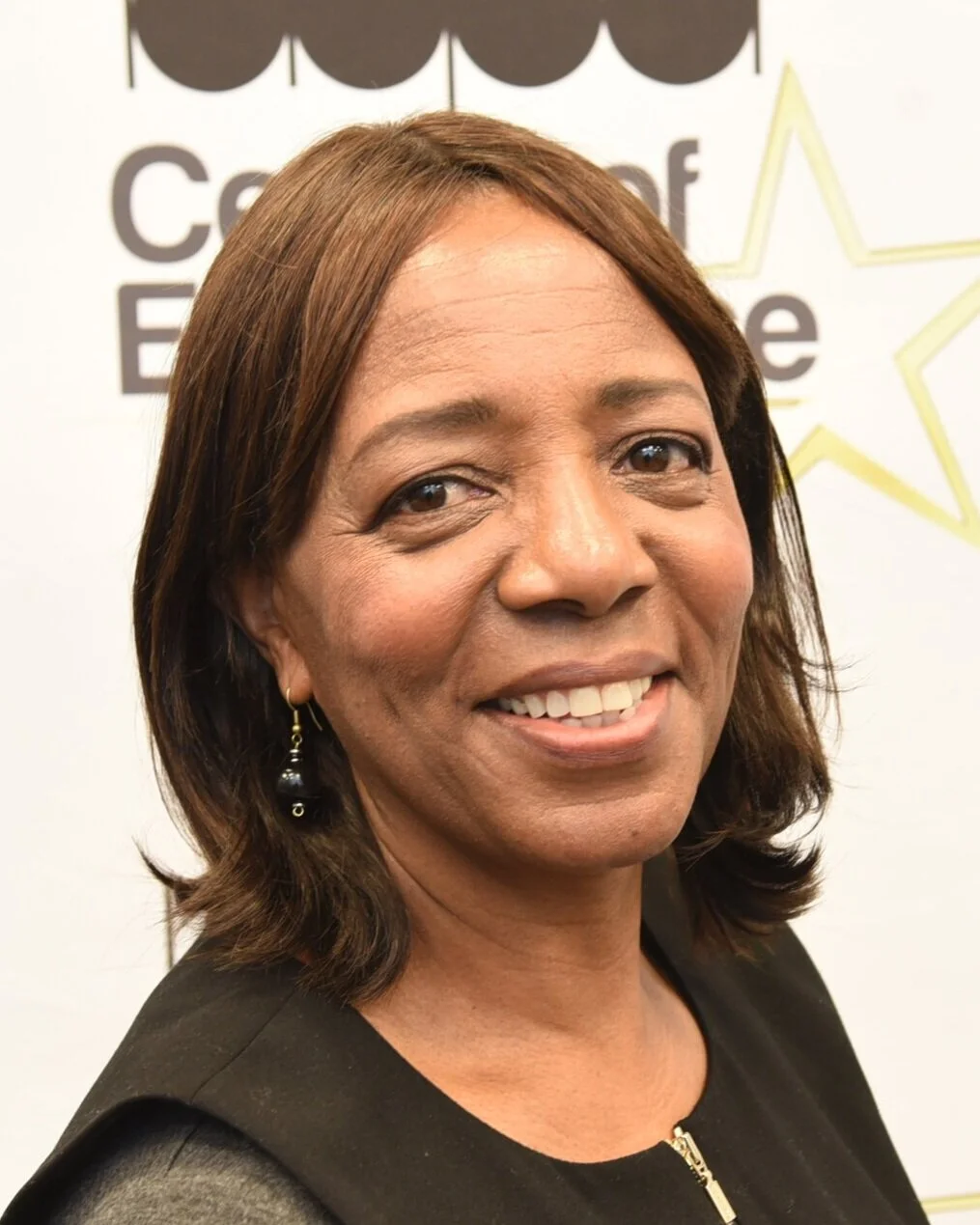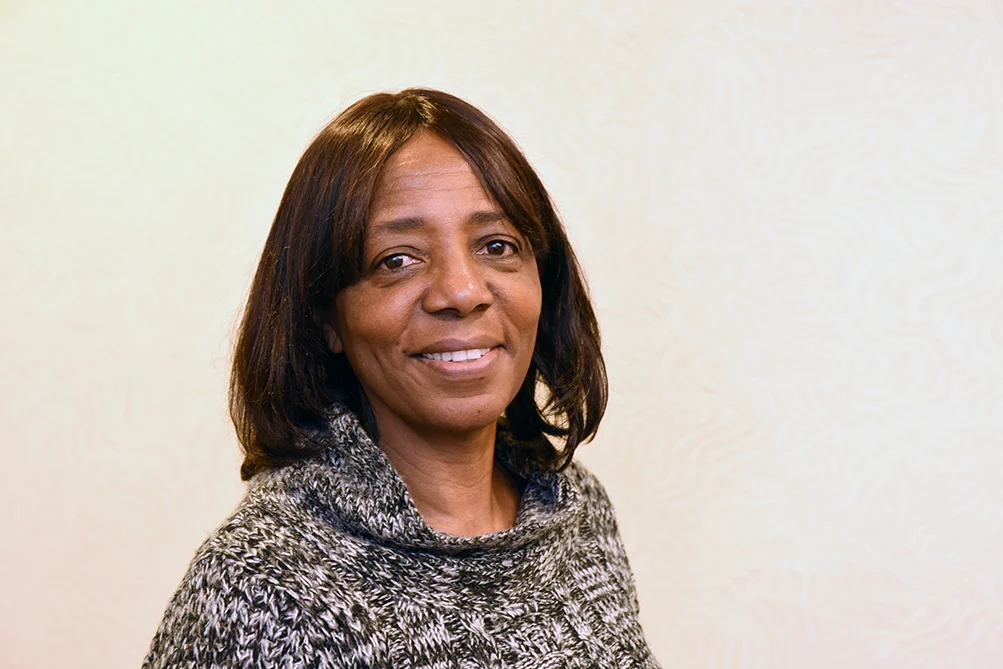Isobel Granger continues to break barriers
May 25, 2020
Seeing the image of a White male police officer flashing across the television screen as part of the British South Africa Police advertising campaign troubled Isobel Granger.
Growing up in landlocked Rhodesia that became Zimbabwe 40 years ago, there were no females of her skin colour in the Service and her career options were limited.
Aspiring to be a commercial artist in a racist country where Blacks weren’t allowed to hold such jobs at the time, she was attracted to an advertisement, seeking recruits to join the country’s police service.
Granted an interview after filing an application, the Chief Inspector inquired why Granger wanted to be a member of the organization.
“Because I could do anything a White girl can,” was her blunt response.
In 1987, Granger became the country’s first Black female officer and later was the first Black Elite Patrol Unit member during her five-year attachment.
Just over four decades later, she made history again as Ottawa Police Service’s (OPS) first Black Superintendent.
Granger is the highest-ranking senior Black female officer in Canada following the retirement of Peel Regional Police Deputy Chief Ingrid Berkeley-Brown on April 30.
Swearing her in on May 14, Chief Peter Sloly said the promotion recognizes Granger’s longstanding and ongoing contributions to policing and community policing in Ottawa, Canada and globally.
Granger was the Project Lead for one of the most comprehensive surveys of race relations ever undertaken by the OPS in the aftermath of the July 2016 death of Abdirahaman Abdi following an interaction with police.
She led a team of Ottawa police officers tasked with improving relations between the police and racialized communities.
“Isobel is a leader in the policing world and her investigative background, policing experience and great respect in our local community will be a major benefit to our Service as we move forward,” Sloly added.
Granger is heading the new Respect, Values & Inclusion (RVI) Directorate that addresses major concerns raised by community and Service members for a more progressive and inclusive police service.
“This is a culmination of everything I have done here and abroad,” said Granger who will report directly to the Chief. “Most of the work I have done in different countries and with organizations are things that are compartmentalized and you have gender, respect and values focal points. All of these things intersect. The Chief has put all of these under one umbrella which is brilliant.”
Retired civil servant and former newspaper publisher Ewart Walters said the promotion is groundbreaking.
“The Service is 165 years old and we have never had a Black Superintendent of either gender,” noted the chair of Black Agenda Noir that is an advocacy group. “Isobel has been working very closely with the Black community in the last five years and is a great fit for the position. Most of the key decisions with regards to policing are made at the Superintendent level and for her to be put in charge of this Directorate signals things are moving in the right direction.”
Isobel Granger was the recipient of a Harry Jerome Award in 2017
Like most newcomers, Granger paid her dues in Canada before being part of the first cohort of five female Black recruits hired by OPS in 1994.
Discouraged by her ex-husband from following through on an application to join the Service in 1991, she worked as a gas station pump attendant and IGA store cashier while pursuing higher education before successfully re-applying three years later.
Granger has also had to cope with health scares.
In her third year on the job, she was diagnosed with a tumor at the base of her spine. A month before the scheduled surgery (the tumor later shrunk and surgery wasn’t needed), Granger was pierced by a hypodermic needle while patting down a robbery suspect.
My first thought was, ‘God, I have Aids,” the Ontario Women in Law Enforcement (OWLE) 2003 Margaret Eve Leadership Award recipient recalled at the time.
Told by doctors she may be infected, Granger was advised to use the AZT anti-HIV drug treatment to avoid contracting the virus. She later learnt the suspect refused to take an HIV test and could not be compelled by law to give a blood sample.
Changing his mind and agreeing to be tested after being offered a hamburger by an officer, he tested negative for HIV and positive for hepatitis C.
Realizing she couldn’t compel a suspect to provide a blood sample, Granger lobbied the federal government to enact legislation to support frontline responders. Her efforts led to the introduction of a private Member’s Bill, C-217, that received two readings in parliament. The Bill called for the extraction of blood samples for the benefit of persons administering and enforcing the law and Good Samaritans.
In 2001, she was recognized in the House of Commons Hansard 37th Parliament sitting for going above and beyond the call of duty.
Deployed to Cambodia in 2015 for nine months to assist with investigations into crimes against humanity, war transgressions and genocide committed from 1975 to 1979 during the Khmer Rouge regime, Granger is the only Canadian trained to investigate sexual gender-based violence across the world.
The mother of three children and 2017 Harry Jerome Award winner for Public Advocacy was the first Black female law enforcement officer in Canada to be honoured with the Order of Merit of the Police Services five years ago.
Earlier this year, Granger released ‘Smashing the Glass Ceiling’ that’s a 10-step guide, using creativity and innovation, to break through barriers to female leadership.







